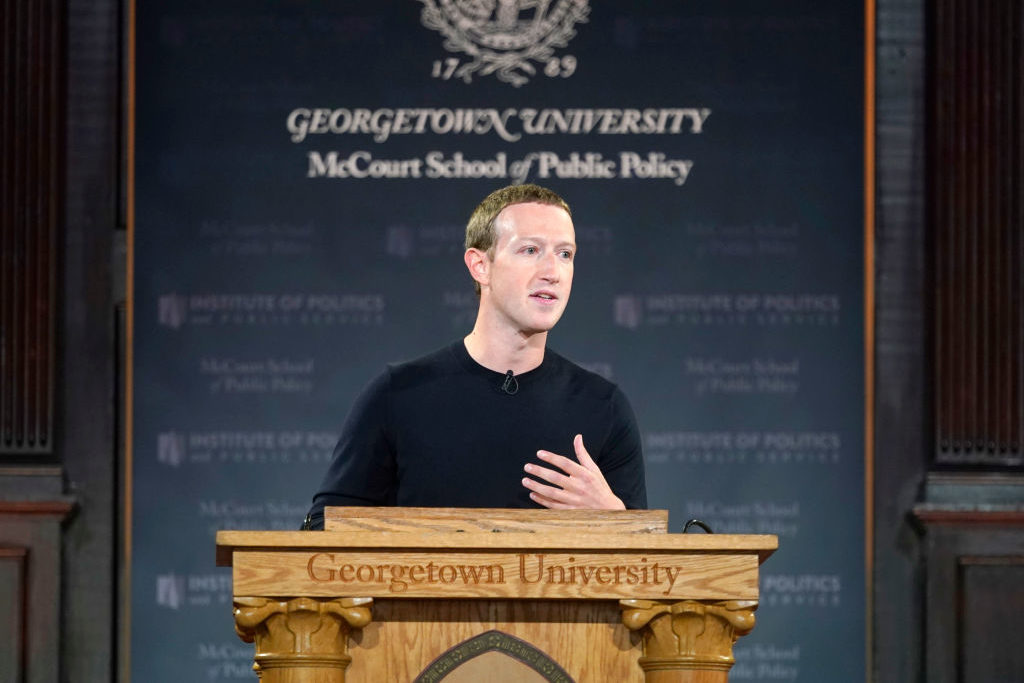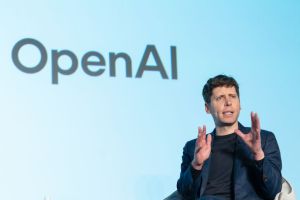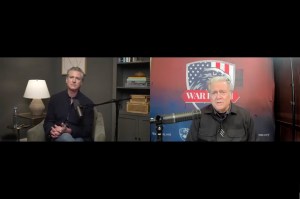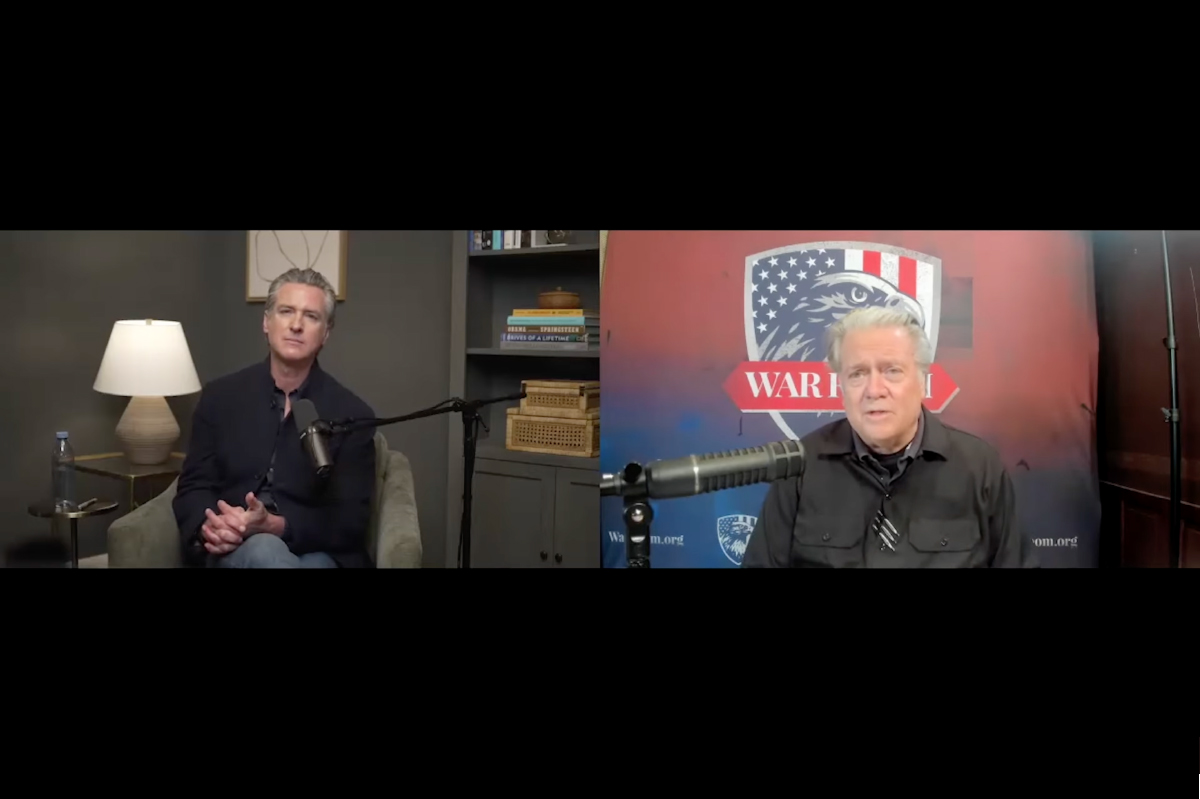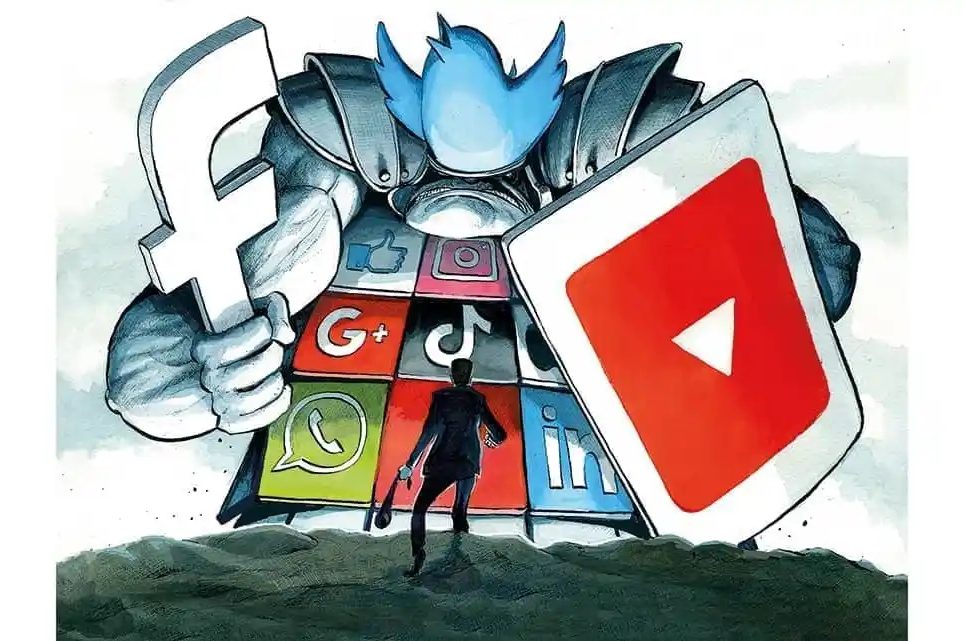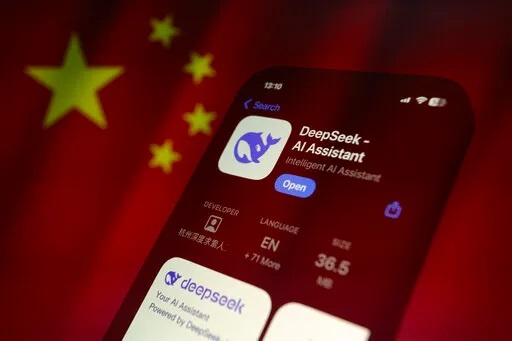When he created Facebook, Mark Zuckerberg radically changed the world. In a speech today at Georgetown University, he seemed eager to do so again. It is my fervent hope that he is successful. In sweeping rhetoric liberally sprinkled with historical references, Zuckerberg drew a line in the sand, recognizing that ‘the ability to speak freely has been central in the fight for democracy worldwide.’ He bemoaned the fact that ‘we’re seeing people try to define more speech as dangerous’ and committed himself and Facebook to being forces for good in the fight to preserve freedom of expression.
In a world increasingly intolerant of dissent, this is no small promise, and I don’t believe it’s an empty one, either. And while free speech absolutists will be quick to find and emphasize the flaws in Zuckerberg’s manifesto — and there are several — they will be missing the forest for the trees.
Zuckerberg began his speech by reflecting on his experiences on campus during the Iraq war, thereby signaling his progressive bona fides. I found this stratagem, while a little tired, extremely heartening. In reminding progressives that he is one of them, he was opening a pathway to speak directly to them. Zuckerberg thus subtly acknowledged that in this cultural moment, it is progressives who need persuading on the issue of speech in this country. That point, taken for granted by conservatives and classical liberals, is rarely acknowledged by the modern left.
He went on to criticize the illiberal trend that assumes modern interpretations of liberty and justice are correct. Looking back at Martin Luther King Jr’s activism and campus protests against the Vietnam War, Zuckerberg noted that ‘from where we are now, it seems obvious that, of course, protests for civil rights or against wars should be allowed. Yet the desire to suppress this expression was felt deeply by much of society at the time.’ His subtext here is clear: The cultural winds might blow strongly one way or another on social issues, but there is no guarantee they will keep blowing that way. How often do the movers and shakers in our society acknowledge out loud that it’s entirely possible for the zeitgeist to be wrong? It’s refreshing to hear a tech executive root policy in something more meaningful than technical issues. Zuckerberg did note the challenges that come with evaluating speech on a platform used by billions of people; but in the end, his commitment to preserving freedom of expression is rooted in a value judgment, not a technical limitation.
I spoke by phone with a Facebook spokeswoman who asked to remain anonymous in accordance with company policy. She told me that ‘more and more people are asking us to take stuff down’ and ‘fewer people are saying we should leave things up.’ Zuckerberg, she informed me, ‘feels strongly about putting a stake in the ground that will inform the path forward for the company.’
He did so today at Georgetown. In the instant-news-and-commentary world we inhabit — and which Zuckerberg helped create — people have been quick to point out the errors Facebook has made, either with specific decisions over content or broader policies that rely on vague and easily misconstrued language. I too believe that Facebook has made many mistakes in this crucial realm, and I’m confident it will make more. However, it seems hard to deny that Zuckerberg, at bottom, is a believer in the importance of free speech. In our cultural climate, allies on this issue should be embraced, regardless of the nuances of their views.
This is not to say there is no reason to worry. In particular, I’m eager for more transparency from Facebook about a practice alluded to but not fully explained in Zuckerberg’s speech. Facebook is rightly troubled when hoaxes or misinformation go viral, especially if that misinformation presents a clear and present danger. The example Zuckerberg gave was an article that incorrectly states that stroke symptoms can be ignored and shouldn’t prompt an emergency room visit. If such a story began to go viral, the algorithmic elves at Facebook would intervene. In this example, it’s hard to find cause for concern, which is likely why Zuckerberg chose it. On the other hand, it’s quite easy to conjure up examples of misinformation — or, rather, alleged misinformation — that would make for much harder case law. Although it’s clear that a free-for-all would come with its own problems, I am deeply uncomfortable with the thought of Facebook being the ultimate arbiter of what is true and what is false.
For this reason, and many others, it’s commendable that Facebook has decided to establish an independent oversight board. The devil is in the details, and many of those have yet to be released, so we’ll have to reserve judgment to see how this plays out. In the meantime, the Facebook spokeswoman I chatted with told me that ‘we are inviting oversight’ and ‘Mark wants to build on our current practice of consulting outside experts to ensure power isn’t too centralized.’ From time to time, I’ve been one of those outside voices that Facebook asks to weigh in on certain issues. It’s that inside look, coupled with Zuckerberg’s landmark speech today, that makes me confident that this company, though it has and will continue to get some things wrong, is ultimately committed to doing what’s right when it comes to speech.



